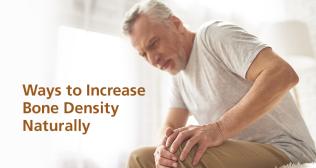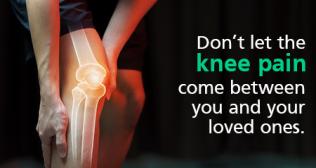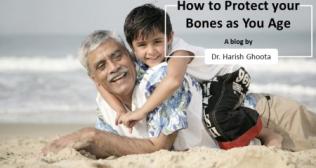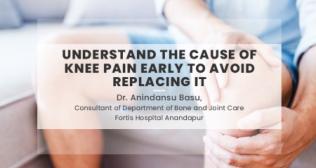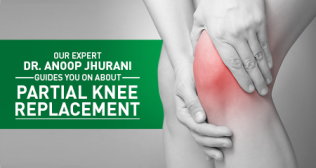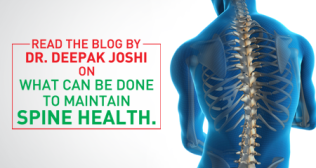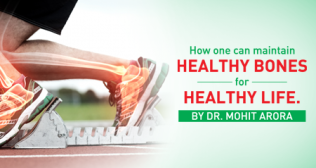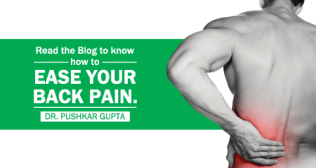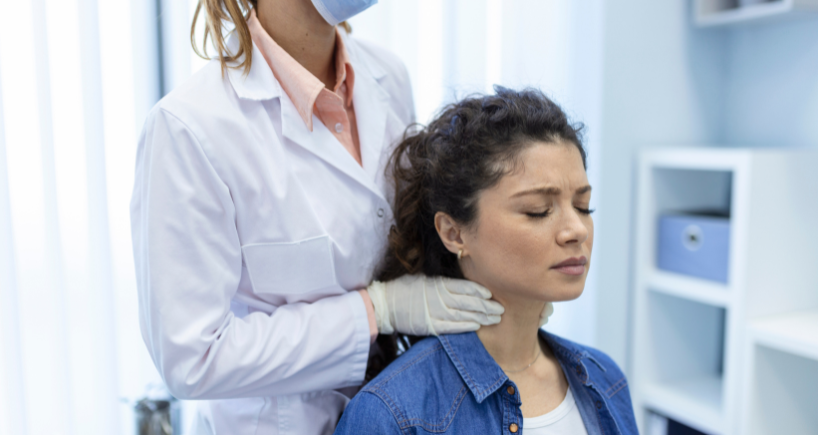
Shoulder Dislocation Treatment in Delhi, India | Symptoms, Causes, and Surgical Options
Introduction
The shoulder joint, known for its wide range of motion, is inherently unstable due to the shallow glenoid cavity, which partially connects with the humeral head. This makes the shoulder the most frequently dislocated joint in the body. Shoulder dislocations account for 50% of all major joint dislocations, with anterior dislocations being the most common. Understanding the types, causes, symptoms, diagnosis, and prevention of shoulder dislocations is key to effective treatment.
Types
- Anterior dislocation: This is the most common type, accounting for about 97% of shoulder dislocations. This kind of dislocation happens when the arm is stretched too far out to the side and rotated outward. This kind of dislocation will develop into several complications, such as damage to blood vessels and shoulder instability.
- Posterior dislocation: The posterior dislocation is much less common, accounting for only about 3% of shoulder dislocations. It typically occurs when the arm is rotated inward and pushed backwards while being lifted away from the body. This type of dislocation can happen during seizures, electric shocks, or trauma (like car accidents).
Causes
The most common cause of shoulder dislocation is:
- Sports Injury
- Accidents including car crashes
- Falling on shoulders or outstretched arm
- Seizures or electric shocks, which can cause muscle contractions strong enough to pull the arm out of place
Who is at risk?
Anyone can dislocate the shoulders, but some people are at high risk:
- The incidence of shoulder dislocation is high among young men who engage in sports activities and other physical activities.
- Older adults, and especially women, are more vulnerable to injuries owing to greater susceptibility to falls.
Symptoms of shoulder dislocation
Symptoms of a dislocated shoulder include:
- Severe shoulder pain
- Pain in the upper arm that is associated with swelling and formation of bruises
- Numbness and weakness in the arm and neck
- Discomfort in hand or finger
- Difficulty moving your arm
- The arm feels like it is out of place
- Muscle spasms in the shoulder
If you find any of these symptoms, please visit a hospital at the earliest to rule out the diagnosis.
Diagnosis
If your healthcare provider suspects you’ve dislocated your shoulder, they may use one or more imaging tests to check for internal damage. These tests could include:
- X-rays
- Magnetic resonance imaging (MRI)
- Computed tomography (CT) scan
- Ultrasound
Treatment
Primarily, shoulder dislocation is treated by a closed reduction or manipulation, that is, putting the shoulder back into its socket. During this non-surgical procedure, your provider will carefully adjust your shoulder to realign it. To make this more comfortable, you might receive a local anaesthetic or sedative to relax your body. After the closed reduction, additional treatments may be needed to help your shoulder heal:
Immobilisation: After the closed reduction, you may need to wear a sling or a splint to hold the shoulder. This will allow it to heal properly. The provider may also advise you to apply ice to your shoulder three or four times a day and to do gentle exercises to reduce stiffness.
Medication: Your doctor may prescribe analgesics (pain killers) or anti-inflammatory or antirheumatic drugs and also advise you to wear protective gear.
Rest: Stay away from anything that will place a heavy strain on the affected shoulder until it heals. Your provider will inform you which movements are prohibited when you are recovering.
Physical therapy: After your shoulder has begun the process of healing, you will require physical therapy to regain movement and strength. Firstly, a rousing-up exercise to minimise stiffness and then a stretching exercise to relax your shoulder.
Surgery for dislocated shoulder: Most people don’t need surgery after a dislocated shoulder, but it may be necessary in certain cases:
- Shoulder joint cartilage is damaged and perhaps broken irreparably.
- If a closed reduction is not effective.
- If you’ve dislocated the same shoulder and your doctor decides that you have to go under surgery to fix or tighten certain ligaments.
Prevention
While you can’t always prevent a shoulder dislocation, you can reduce the risk by adhering to the following measures:
- Use the right protective clothes during sporting activities.
- Do not ignore shoulder pain during an exercise.
- Rest after intense exercise.
- Warm before and cool down after exercise.
Conclusion
Shoulder dislocation is a common injury, especially among the elderly and athletes. It should not be ignored if it occurs, as timely treatment is crucial. In cities like Delhi, experienced orthopaedic doctors and surgeons offer various treatments to address the condition. From non-surgical methods like physical therapy to advanced surgical options, effective care is available for a complete recovery.







